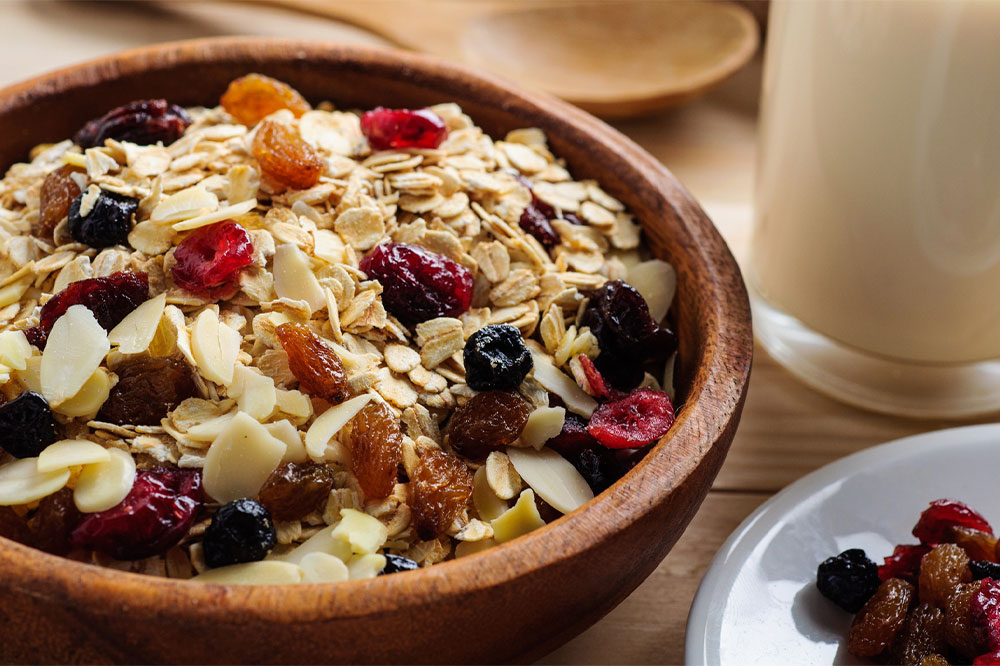Effective Strategies for Managing Flare-Ups in Ulcerative Colitis
Managing ulcerative colitis flare-ups requires a comprehensive approach that combines medication, dietary modifications, stress management, and natural therapies. Understanding triggers and treatment options helps patients achieve remission and improve quality of life. Regular medical supervision and lifestyle adjustments are essential for long-term disease control.

Effective Strategies for Managing Flare-Ups in Ulcerative Colitis
Ulcerative colitis (UC) is a chronic inflammatory bowel disease that affects millions of people worldwide, with approximately one million individuals in the country living with this condition. It primarily targets the innermost lining of the large intestine—namely, the colon and rectum—leading to inflammation, ulceration, and a range of uncomfortable symptoms. Managing flare-ups effectively is crucial to improve quality of life and prevent complications. Understanding the causes, treatment options, and lifestyle modifications can empower patients to control their condition more effectively.
Ulcerative colitis is characterized by episodic periods of flare-ups—times when symptoms worsen markedly—and remission phases, where symptoms are minimal or absent. The triggers for these flare-ups can vary widely among individuals. While the exact etiology of UC remains elusive, research suggests that a combination of genetic predisposition, environmental triggers, and lifestyle factors contribute to disease activity. Certain populations, such as Ashkenazi Jews and individuals of Caucasian descent, exhibit higher susceptibility, possibly due to genetic factors.
Effective management of UC flare-ups involves a comprehensive approach that combines medication, dietary adjustments, stress management, and sometimes surgical interventions. The primary objective is to induce and maintain remission, minimize symptoms, and prevent long-term damage or complications. Conventional treatment plans are often personalized based on the severity and location of inflammation, response to medications, and patient-specific factors.
Medical Treatments for Ulcerative Colitis Flare-Ups
Modern medicine offers various pharmacological options to control and reduce inflammation during flare-ups. These include:
Immune suppressants: Medications like azathioprine and 6-mercaptopurine help reduce immune system activity that causes inflammation.
Anti-inflammatory drugs: 5-aminosalicylic acid (5-ASA) compounds such as mesalamine are often first-line treatments.
Steroids: Corticosteroids like prednisone are used for short-term control during severe flare-ups but are not recommended for long-term use due to potential side effects.
Surgical options: In cases where medication fails to control symptoms, surgical removal of the affected colon and rectum may be necessary. Procedures like colectomy can be curative or significantly improve quality of life.
Natural and Lifestyle-Based Approaches
Alongside conventional treatments, many patients find relief through natural therapies and lifestyle modifications. These approaches can help reduce the frequency and severity of flare-ups and improve overall well-being. Such strategies include dietary changes, stress management, and complementary therapies.
Dietary Modifications
Adjusting dietary habits plays a vital role in managing UC. A balanced, anti-inflammatory diet that minimizes irritants can help reduce bowel inflammation. Recommendations include:
Eating smaller, more frequent meals to ease digestive load.
Avoiding high-fat, processed, or spicy foods that can trigger symptoms.
Limiting or eliminating alcohol and caffeine, which may irritate the gut.
Incorporating fiber-rich foods that promote healthy digestion when tolerated.
Staying well-hydrated by drinking plenty of water throughout the day.
Stress Management and Lifestyle Choices
Stress is a known trigger for UC flare-ups. Techniques such as regular exercise, mindfulness meditation, yoga, and deep-breathing exercises can significantly decrease stress levels, thereby minimizing flare risks. Ensuring sufficient rest and sleep and avoiding smoking are also recommended for optimal disease control.
Complementary and Alternative Therapies
Some patients explore herbal remedies and alternative therapies to support their treatment. These may include:
Probiotics: Beneficial bacteria that help restore gut flora balance.
Turmeric and curcumin: Known for their anti-inflammatory properties.
Aloe Vera: Sometimes used to soothe gastrointestinal inflammation.
Fish oil supplements: Rich in omega-3 fatty acids, which may reduce inflammation.
Acupuncture: Some patients find acupuncture helpful in reducing symptoms and stress.
However, it is crucial to consult healthcare professionals before initiating any herbal or herbal supplements, as interactions or side effects could occur.
Long-Term Disease Management
Managing ulcerative colitis involves ongoing monitoring and adjustments in therapy. Regular consultations with healthcare providers, routine colonoscopies, and blood tests are essential for tracking disease activity and preventing complications such as colon cancer. Patients are encouraged to maintain a symptom diary and communicate any changes or concerns promptly.
While UC poses significant challenges, a combination of medical treatment, lifestyle changes, and natural therapies can empower patients to lead active, healthier lives with controlled symptoms. Education about the condition and adherence to prescribed therapies are fundamental to achieving long-term remission and reducing flare-ups.





